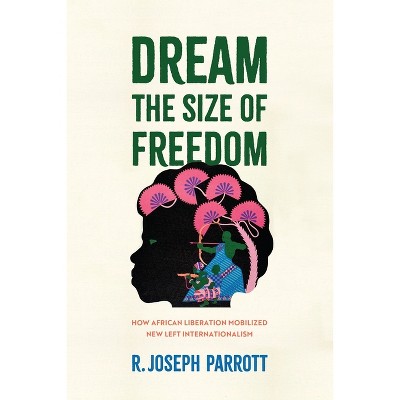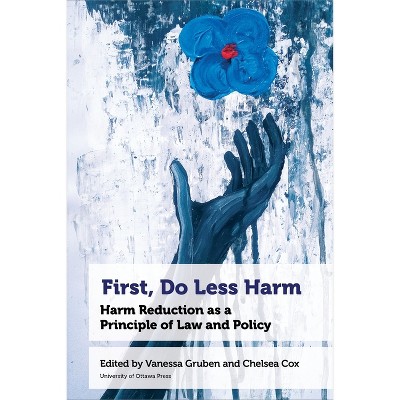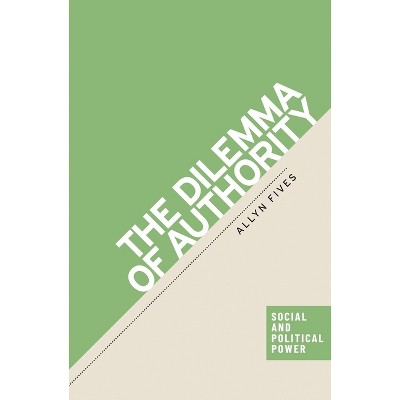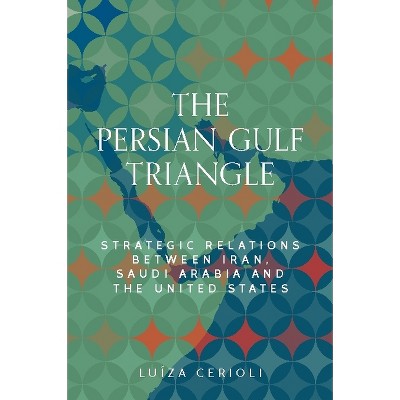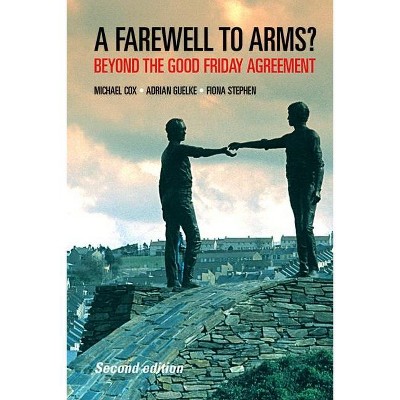Sponsored

Eclipsing the West - by Vince Cable (Hardcover)
$29.95
In Stock
Eligible for registries and wish lists
Sponsored
About this item
Highlights
- As the international order begins to crumble, this incisive book asks what the rise of the Asian superstates means for the future.
- About the Author: Vince Cable is a Visiting Professor at London School of Economics and Political Science and a Distinguished Fellow at the Overseas Development Institute.
- 352 Pages
- Political Science, International Relations
Description
About the Book
An incisive, data-driven look at the rise of China and India that considers how these new 'superstates' are reshaping the world order.Book Synopsis
As the international order begins to crumble, this incisive book asks what the rise of the Asian superstates means for the future.
The Western-dominated world we have known for the past three hundred years is coming to an end. As America withdraws from its role as enforcer of the international order, other countries are moving in to fill the void. Among them are two rising Asian 'superstates'. Accounting for more than a third of the world's population, China and India have the potential to wield enormous economic and political power. China is already vying with the US for the top spot in the global economy, and on some measures has surpassed it. By the middle of the century India may be number two. How will these countries navigate their growing roles on the world stage? What are the implications for commerce, international law and the fight against climate change? Vince Cable has followed China and India for decades, first as a professional economist and later as a senior government minister. In Eclipsing the West he draws on the latest data and a lifetime of political and economic experience to offer a compelling account of what the rise of the Asian superstates means for the future.From the Back Cover
The Western-dominated world we have known for the past three hundred years is coming to an end. As America withdraws from its role as enforcer of the international order, other countries are moving in to fill the void. Among them are two rising Asian 'superstates'.
Accounting for more than a third of the world's population, China and India have the potential to wield enormous economic and political power. China is already vying with the US for the top spot in the global economy, and on some measures has surpassed it. By the middle of the century India may be number two. How will these countries navigate their growing roles on the world stage? What are the implications for commerce, international law and the fight against climate change? Vince Cable has followed China and India for decades, first as a professional economist and later as a senior government minister. In Eclipsing the West he draws on the latest data and a lifetime of political and economic experience to offer a compelling account of what the rise of the Asian superstates means for the future.Review Quotes
One of the Financial Times' Best books of 2025: Economics
'A succinct, authoritative and up-to-date account of one of the most important but neglected relations in contemporary geopolitics. Vince Cable uses his extensive career as a scholar, economist and politician to set out what links, and separates, these two massive neighbours, and how their ambitions, and tensions, are likely to influence the coming century.'Kerry Brown, author of The Great Reversal: Britain, China and the 400-Year Contest for Power 'In this extremely important book, Sir Vince Cable, who is an expert on economic development, analyses the prospective rise of China and India. The former is already a superpower. The latter is one in the making. By the middle of this century, the balance of global economic and political power will have been remade. The West, he insists, must prepare for this transformation. On this, he is unquestionably right.'
Martin Wolf, Chief Economics Commentator, Financial Times 'In Eclipsing the West, Vince Cable has masterfully analysed India and China's complex relationship and the growing pull that these two powers exert on international development and the world economy. Looking forwards, he sees them becoming central, possibly dominant, actors on the world stage. A closely argued and persuasively written book that should be read by all those with an interest in our world's uncertain future.'
Shivshankar Menon, former Foreign Secretary of India 'Vince Cable provides an authoritative guide to an emerging world where three "superstates" - the US, India and China - dominate the global economy and politics. Conflict is certainly possible, but so is what Cable calls "enlightened realism" and cooperation.'
Bob Davis, co-author of Superpower Showdown 'An excellent, data-driven analysis of the comparison between India and China that spells out exactly what the West is up against. Very much required reading for anyone interested in how great power rivalry might evolve.'
Sam Olsen, author of the States of Play newsletter 'Vince Cable is dead right. The twenty-first century will be dominated by the return of two Asian superstates, China and India. The West will be progressively eclipsed. A new world will emerge. Cable skilfully provides glimpses of many different futures that could emerge. A must read for our challenging times.'
Kishore Mahbubani, Distinguished Fellow at the Asia Research Institute, NUS and author of Living the Asian Century 'This book was finished before the latest economic and geopolitical turmoil brought about by the second Trump term, but it couldn't be more topical in its conclusions. As Vince Cable's masterful tome ascertains, the US hegemony is truly over, with China and India - sometimes friends, sometimes foes - changing the economic, political and military balance forever. This will have profound implications for us all.'
Vicky Pryce, Chief Economic Adviser, Centre for Economics and Business Research 'Vince Cable's magisterial survey of the rise of India and China is breathtaking in its scope and reach. It is essential reading to understand the radically different new global order that we are moving into.'
Cho Khong, Associate Fellow at the Saïd Business School, University of Oxford and former Chief Political Analyst at Shell 'Cable shows with deep erudition and prescience coming from sophisticated scenario-thinking how these two superstates, inextricably linked by history and geography, will shape not only their future but also that of the rest of the world.'
Erik Berglof, Chief Economist, Asian Infrastructure Investment Bank
'His balanced study is a useful antidote to the often value-laden discussions about which states will lead the future international order.'
Elizabeth Economy, Foreign Affairs
About the Author
Vince Cable is a Visiting Professor at London School of Economics and Political Science and a Distinguished Fellow at the Overseas Development Institute. He was previously UK Secretary of State for Business Innovation and Skills and President of the Board of Trade. He has a PhD in economics from the University of Glasgow and in the 1990s worked as Chief Economist for Shell. His books include The Storm (2009), After the Storm (2015), Open Arms (2017), Money and Power (2021) and The Chinese Conundrum (2022).Dimensions (Overall): 9.21 Inches (H) x 6.14 Inches (W) x 1.0 Inches (D)
Weight: 1.34 Pounds
Suggested Age: 22 Years and Up
Number of Pages: 352
Genre: Political Science
Sub-Genre: International Relations
Publisher: Manchester University Press
Theme: General
Format: Hardcover
Author: Vince Cable
Language: English
Street Date: September 16, 2025
TCIN: 1002535725
UPC: 9781526179821
Item Number (DPCI): 247-49-8463
Origin: Made in the USA or Imported
If the item details aren’t accurate or complete, we want to know about it.
Shipping details
Estimated ship dimensions: 1 inches length x 6.14 inches width x 9.21 inches height
Estimated ship weight: 1.34 pounds
We regret that this item cannot be shipped to PO Boxes.
This item cannot be shipped to the following locations: American Samoa (see also separate entry under AS), Guam (see also separate entry under GU), Northern Mariana Islands, Puerto Rico (see also separate entry under PR), United States Minor Outlying Islands, Virgin Islands, U.S., APO/FPO
Return details
This item can be returned to any Target store or Target.com.
This item must be returned within 90 days of the date it was purchased in store, shipped, delivered by a Shipt shopper, or made ready for pickup.
See the return policy for complete information.
Frequently bought together

$18.88
MSRP $27.00
Buy 2, get 1 free select books, music & movies
4.8 out of 5 stars with 571 ratings
Trending Non-Fiction

$15.68
Buy 2, get 1 free select books, music & movies
4.8 out of 5 stars with 192 ratings

$19.31
was $20.98 New lower price
Buy 2, get 1 free select books, music & movies
4 out of 5 stars with 60 ratings

$19.58
MSRP $29.00
Buy 2, get 1 free select books, music & movies
4.6 out of 5 stars with 13 ratings

$4.59
MSRP $7.99
Buy 2, get 1 free select books, music & movies
4.8 out of 5 stars with 120 ratings

$6.20
MSRP $10.95
Buy 2, get 1 free select books, music & movies
4.8 out of 5 stars with 33 ratings

$7.09
MSRP $9.99
Buy 2, get 1 free select books, music & movies
4.9 out of 5 stars with 46 ratings
